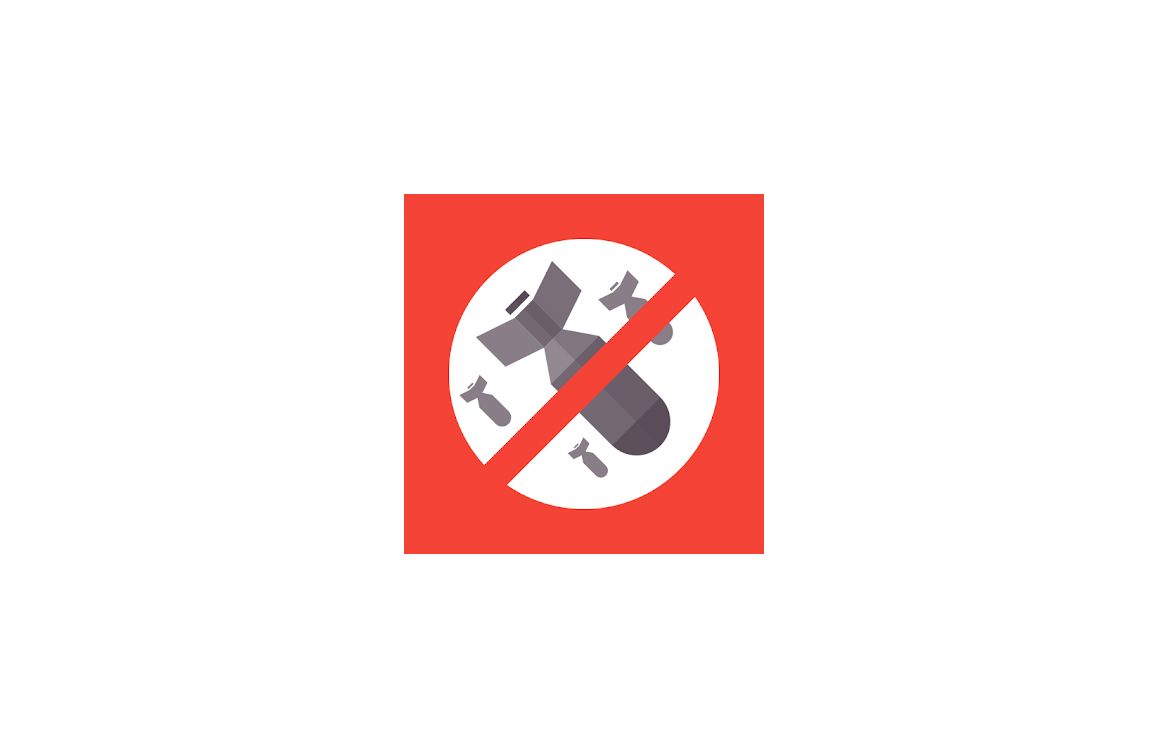In its latest One UI 3.0 update, Samsung seems to have introduced a new app-killing policy that’s affecting how some apps work in the background. The restriction appears to be aggressive, breaking many apps in the process of its implementation.
As discovered by the Urbandroid Team, the developers of popular apps such as Sleep as Android and Twilight, the new restriction comes as part of the recent Android 11 update. It’s turned on by default and is much more aggressive in terms of how it handles the apps running in the background. Apps are unable to hold their wake-locks and broadcast messages, which in turn breaks many use-cases. For example, health apps that rely on background activities to continue to collect sensor data when the screen is turned off are now unable to do their job properly. The testing done by the team shows that the new policy kicks in within 3 minutes of the device being idle with the screen turned off.
Samsung also doesn't offer a user-facing option to completely turn off this new behavior. It seems the only way to opt-out of this aggressive policy is to disable Android’s standard battery optimizations. To make sure your favorite apps don’t get killed unexpectedly and work as intended on your Galaxy device running Android 11, head to Settings > Apps > “Your App” > Battery > Battery Optimization > All Apps > “Your app” > Don’t optimize.
Android already has fairly capable power-saving features in the form of Doze and App Standby. But still, many OEMs like to implement their own, and often more aggressive, policies for handling background activities. This is usually advertised as a means of achieving better battery life but often comes at the price of apps being killed unexpectedly and unable to do their job as intended.
It's unclear whether this new background policy affects every Samsung Galaxy device running Android 11 with One UI 3.x update or is limited to select models.
Have you noticed any unexpected behavior with your apps after installing the Android 11-based One UI 3.0 update on your Galaxy smartphone? Let us know in the comments below.

